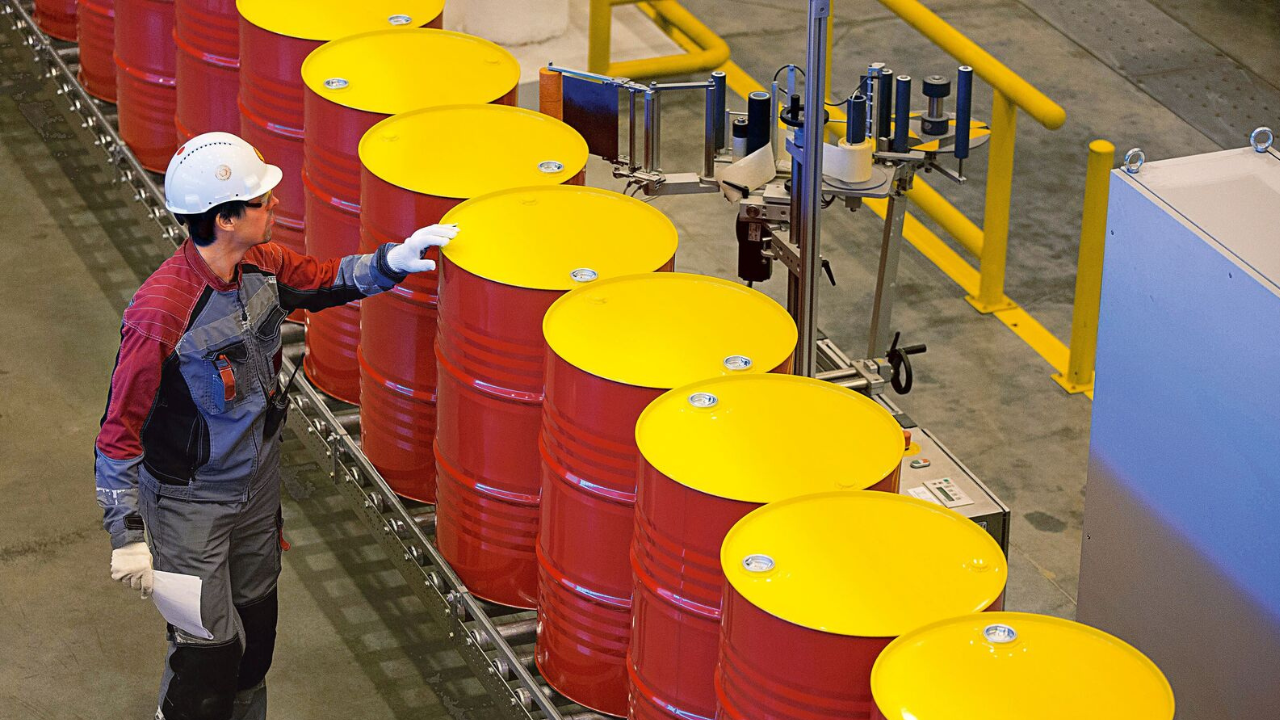NEW DELHI: In 2023, Europe saw a significant increase in its imports of refined oil from India, coinciding with a notable rise in India’s imports of Russian crude oil. This trend suggests that European consumers likely received large volumes of oil products originally sourced from Russia via India, despite sanctions imposed following Russia’s invasion of Ukraine, a report by the Independent said.
India, maintaining its diplomatic balance, continued to purchase Russian oil amid the Ukraine conflict, simultaneously fostering closer defense and trade relationships with Western nations. Data from Kpler, analyzed by the Independent, shows that India became the top importer of Russian crude oil in 2023, with an average of 1.75 million barrels per day, marking a 140% increase from 2022.
Concurrently, the European Union’s import of refined products from India surged by 115%, from 111,000 barrels per day in 2022 to 231,800 barrels per day in 2023. This figure represents the highest in the past seven years and possibly the highest ever. Matt Smith, Kpler’s lead analyst, explained, “It has worked two-fold – India has been able to buy cheap oil for its refineries, then it has been able to refine that oil and sell the refined products at full price, and into a market (Europe) that is willing to pay up for them because it desperately needs to replace the loss of Russian material that it has applied sanctions on.”
Oil revenues are crucial for the Russian economy, enabling President Putin to fund military operations and sustain the ongoing war. In response, European countries, the G7, and Australia imposed stringent sanctions on Russian oil, including refined oil products, and enforced a $60 per barrel price cap on Russian sales to other countries using their ships and infrastructure.
As per the Independent report, despite these measures, Russian oil still finds its way into Europe through third markets, highlighting the limitations of sanctions and enforcement. For instance, the Jamnagar Refinery in India’s Gulf of Kutch, a primary destination for Russian crude, accounted for 34% of India’s Russian crude imports, receiving 400,000 barrels per day from Russia and 770,000 barrels per day from other sources. Approximately 30% of the refinery’s exports in 2023 were directed to Europe.
Smith commented on the situation, said, “This is undermining sanctions, but it is also a grey area. It is impossible to extricate Russian crude or products created from Russian material from the global market. Russia is also such a key player that the powers that the EU etc don’t want to completely eradicate Russian supply from the global market because it would cause prices to spike.”
In 2023, around 20 of the 27 EU countries imported refined products from India, with the Netherlands, France, Romania, Italy, and Spain being major importers. The EU remains the largest importer of fossil fuel energy from Russia, despite leading the implementation of strict sanctions against Moscow, the report said.
India, maintaining its diplomatic balance, continued to purchase Russian oil amid the Ukraine conflict, simultaneously fostering closer defense and trade relationships with Western nations. Data from Kpler, analyzed by the Independent, shows that India became the top importer of Russian crude oil in 2023, with an average of 1.75 million barrels per day, marking a 140% increase from 2022.
Concurrently, the European Union’s import of refined products from India surged by 115%, from 111,000 barrels per day in 2022 to 231,800 barrels per day in 2023. This figure represents the highest in the past seven years and possibly the highest ever. Matt Smith, Kpler’s lead analyst, explained, “It has worked two-fold – India has been able to buy cheap oil for its refineries, then it has been able to refine that oil and sell the refined products at full price, and into a market (Europe) that is willing to pay up for them because it desperately needs to replace the loss of Russian material that it has applied sanctions on.”
Oil revenues are crucial for the Russian economy, enabling President Putin to fund military operations and sustain the ongoing war. In response, European countries, the G7, and Australia imposed stringent sanctions on Russian oil, including refined oil products, and enforced a $60 per barrel price cap on Russian sales to other countries using their ships and infrastructure.
As per the Independent report, despite these measures, Russian oil still finds its way into Europe through third markets, highlighting the limitations of sanctions and enforcement. For instance, the Jamnagar Refinery in India’s Gulf of Kutch, a primary destination for Russian crude, accounted for 34% of India’s Russian crude imports, receiving 400,000 barrels per day from Russia and 770,000 barrels per day from other sources. Approximately 30% of the refinery’s exports in 2023 were directed to Europe.
Smith commented on the situation, said, “This is undermining sanctions, but it is also a grey area. It is impossible to extricate Russian crude or products created from Russian material from the global market. Russia is also such a key player that the powers that the EU etc don’t want to completely eradicate Russian supply from the global market because it would cause prices to spike.”
In 2023, around 20 of the 27 EU countries imported refined products from India, with the Netherlands, France, Romania, Italy, and Spain being major importers. The EU remains the largest importer of fossil fuel energy from Russia, despite leading the implementation of strict sanctions against Moscow, the report said.

